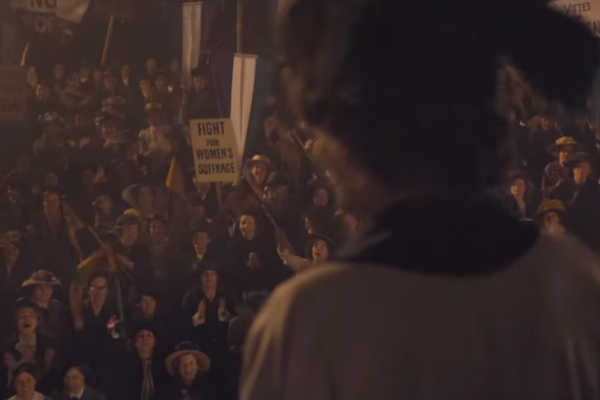Nov 11, 2015
Though some critics have claimed that the film doesn’t do enough to show the effects of the suffrage movement, it seems appropriate that Suffragette ends while the fight is still going on. In the era of Black Lives Matter, battles for reproductive rights and immigration reform — causes with hoped-for but still undetermined outcomes — it’s reassuring the see a film that portrays historical characters in a similar situation. The women of Suffragette are confident in their eventual victory not because they know what will happen. They’re confident because they have to be — because for them, allowing defeat was not an option.
Read the Full Article

Already a subscriber? Login
